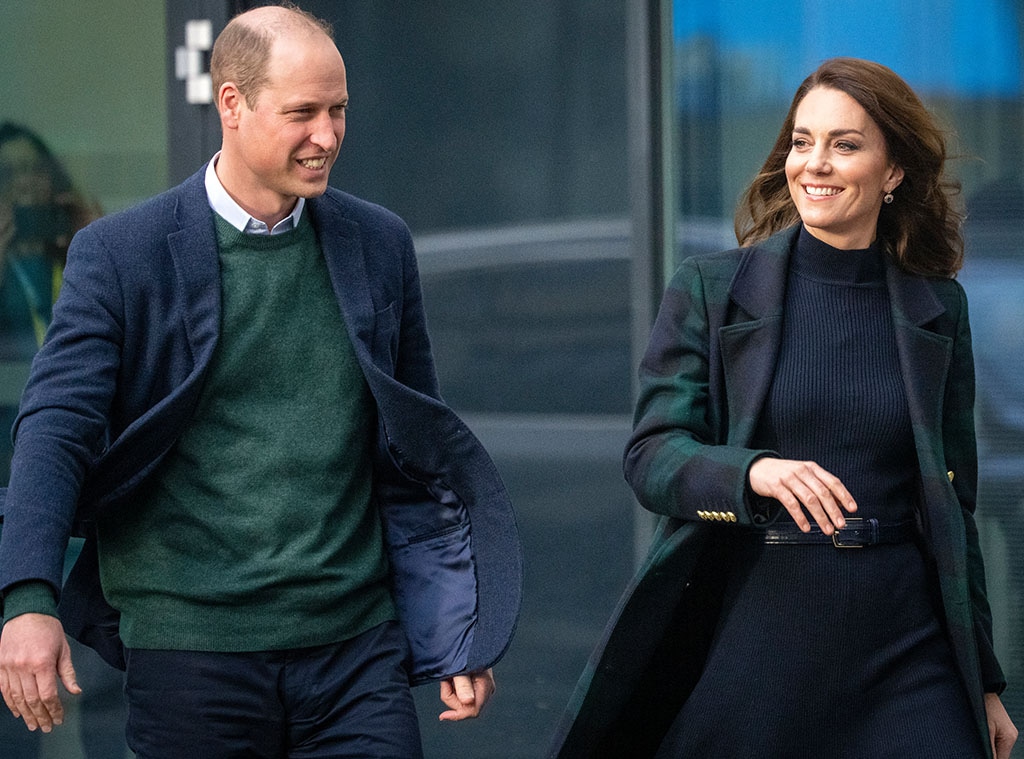In a poignant moment reflecting the complexities of royal family dynamics, King Charles III reportedly made a significant request to Prince Harry during the emotional days surrounding Queen Elizabeth II’s passing.
The request, which asked Harry not to bring Meghan Markle to the Queen’s deathbed at Balmoral Castle, underscored the delicate nature of family relationships during a time of profound loss.
At the heart of this decision was a consideration for the sensitive atmosphere that enveloped the royal family.
According to sources, Charles, who was still the Prince of Wales at that time, felt compelled to make this request.
His decision was influenced by the fact that Kate Middleton, Harry’s sister-in-law, had also opted to stay back during this family crisis, setting a precedent for the unfolding events.
Kate’s choice not to join the family at Balmoral played a crucial role in shaping the situation.
It created an implicit understanding that perhaps it was best for Harry to come alone, which was seen as a way to minimize potential tensions within the family.
This alignment of decisions between Kate and Charles illustrates how carefully the royals navigated their interactions during such a turbulent time.
Royal biographer Robert Hardman sheds light on this intricate scenario in his book “Charles III, New King, New Court, The Inside Story.”
He notes that while the circumstances were undoubtedly challenging, they fortuitously allowed for Harry to make the journey solo.
Hardman pointed out that it was “by luck rather than judgment,” which ultimately facilitated the conversation with Harry about coming alone.
Prince Harry himself recounted his experience on the day of the Queen’s death in his memoir, “Spare.”
He described reaching out to his brother, Prince William, to confirm their travel plans to Balmoral.
However, Harry’s efforts were met with silence, leaving him and Meghan to explore flight options independently, unsure of the arrangements being made by the rest of the family.
Hardman observed that William’s lack of response spoke volumes about the underlying tensions that had been brewing between the brothers.
It seemed that William didn’t consider it the right moment to engage in the difficult discussions that needed to happen, highlighting the strained relations that characterized their relationship.
Ultimately, it was King Charles who took on the heavy task of informing Harry about the Queen’s passing.
This phone call was laden with emotion, as the family grappled with the reality of losing their matriarch.
Charles’s role in delivering such heartbreaking news illustrated the gravity of the moment and the weight of responsibility he bore.
As Hardman pointed out, Charles likely approached this phone call with a sense of trepidation.
The ongoing tensions between the Sussexes and the rest of the royal family had been palpable, and any conversation could easily be misconstrued.
This awareness added another layer of complexity to an already fraught situation.
The heightened scrutiny surrounding the royal family’s private conversations further complicated matters.
With the potential for details to leak to the public, Charles was acutely aware that any discussion with Harry could later become fodder for tabloids.
Indeed, just three months after the Queen’s death, aspects of this particular conversation emerged, illustrating the intricate web of family dynamics at play.
The decision to ask Harry to attend Balmoral without Meghan was undoubtedly fraught with difficulty, especially given the existing strains within the family.
However, it was a choice made in the context of an emotionally charged atmosphere, as the royal family navigated both personal grief and ongoing relational tensions.
As events unfolded following the Queen’s passing, they revealed the challenges the royal family faced during this period of mourning.
King Charles’s request for Harry to come alone highlights the sensitive nature of their relationships, shaped by a mix of personal emotions and public scrutiny.
The complexities of these dynamics continue to resonate, reminding us of the intricate balance the royal family must maintain amidst their very human experiences.
Related Stories

